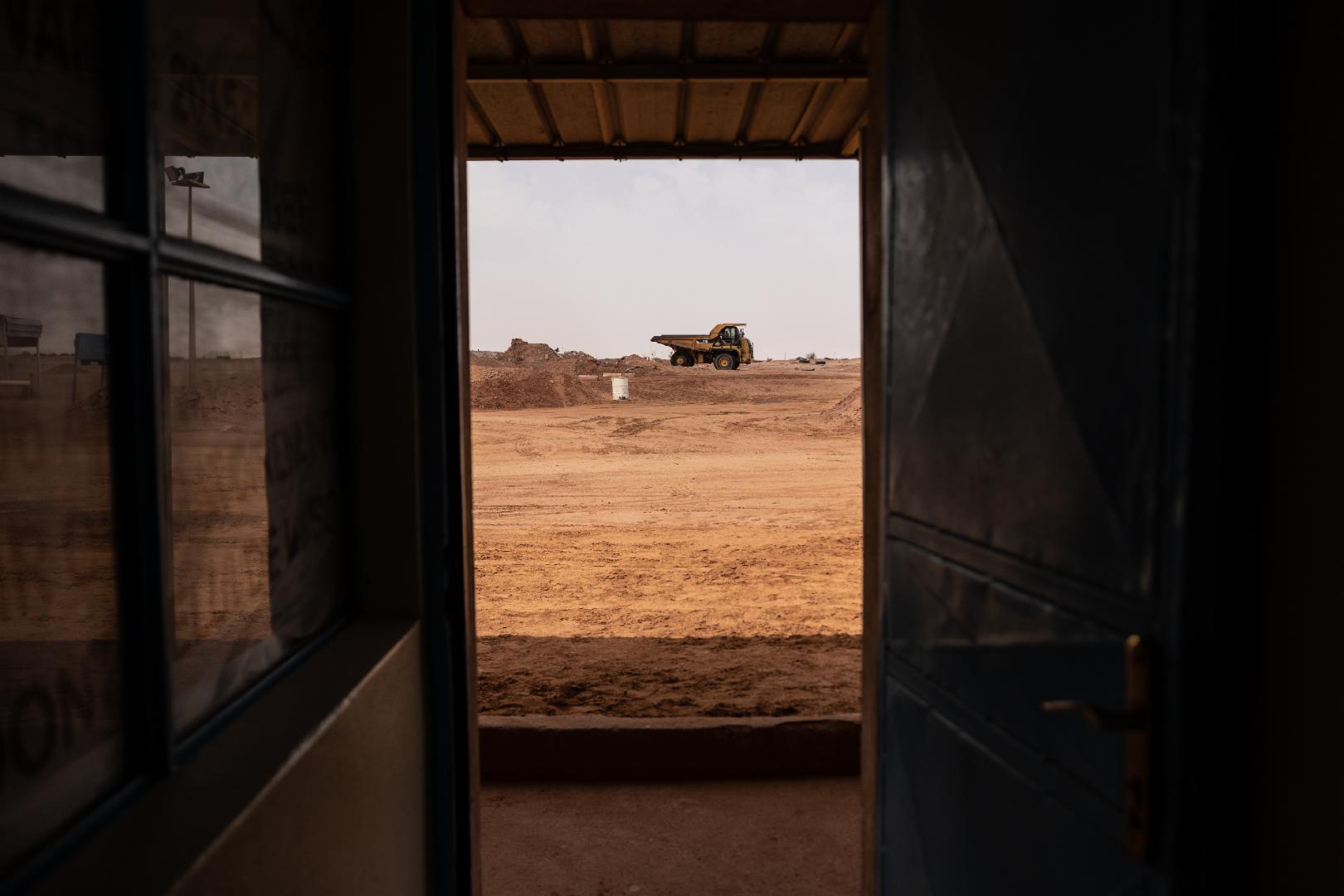
Market experts downplay impact of Niger coup on spike in uranium spot price
- This article is more than two years old.
- Published on October 17, 2023 at 15:13
- Updated on October 20, 2023 at 10:49
- 5 min read
- By Tonye BAKARE, AFP Nigeria
A Facebook account called “Ambassador Zandy” claimed that Niger raised the price of a kilogramme of uranium to 200 euros from 0.08 euro before the coup, arguing the purported price hike would affect diplomatic relations with former colonial power France.
The post, published on September 7, 2023, includes a five-minute video of footage showing leaders of the coup, people raising the flag of the country, and French President Emmanuel Macron.
The narrator says raising the price would help Niger “break free from historical imbalances”.
The account has a history of posting anti-Western content while praising China and Russia.
Soldiers led by former presidential guard commander General Abdourahamane Tiani ousted Niger’s democratically-elected president Mohamed Bazoum on July 26, 2023 (archived here).
Negotiations to restore civilian rule have yet to bear fruit, with the military regime demanding a transition period of three years. The regional bloc Economic Community of West African States (ECOWAS) is insisting on Bazoum’s immediate return.
The US State Department said it had concluded on October 10, 2023 that Niger’s regime change was a de facto military coup, a decision that will mean the suspension of all but the most critical funding to the country (archived here).
Web of disinformation
AFP Fact Check’s investigation revealed that the earliest recorded mention of the claim came from a story published by a fringe Nigerian news website called “The Spectacles” on September 3, 2023.
While the site has since deleted the report, the URL of the page still shows the title of the false claim.

Several other blogs, including here, here and here, published the same claim and credited The Spectacles as their source.
It surfaced on Facebook (here and here) and on several X accounts (formerly Twitter) with a history of posting pro-Russian content (including here and here).
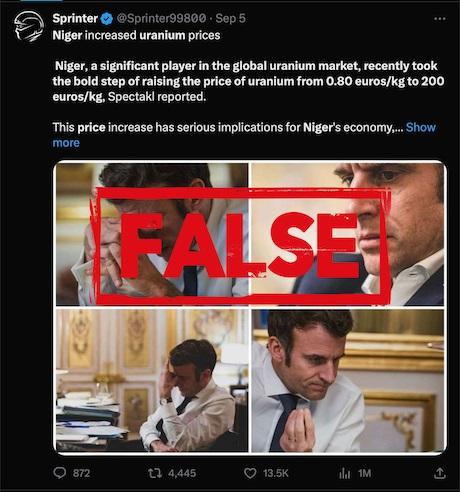
Niger’s uranium
Niger has some of the world’s biggest deposits of uranium, a key ingredient in the nuclear industry. It was France’s third biggest supplier between 2005 and 2020, behind Kazakhstan and Australia.
French firm Orano, previously Areva, has been a major player in the West African nation for more than 50 years and operates a major uranium mine in the country, as well as three subsidiaries — SOMAÏR, COMINAK and IMOURAREN SA.
Industry experts had projected that the putsch could lead to a spike in the spot price of the commodity in the wake of the coup. But the reasons they cited were not solely the crisis in Niger (archived here).
Prices of uranium
Contrary to the claims, the data published on the websites of the Nigerien government and Canada-based Cameco, one of the world’s largest providers of uranium fuel, showed that uranium was trading far higher than €0.08 before the putsch.
Per Cameco, the spot price for the commodity in June 2023 was $56.10 (or €53.11) per pound (0.45 kilogrammes). It traded for $56.38 and $59.93 in July and August respectively (archived here).
According to TradeTech, a market research platform that has been tracking the prices of uranium since March 2011, uranium spot price rose to a 12-year high in mid-September when it sold for $65.50 a pound. The price climbed further to $71.58 by the end of the month (archived here).
“The expectation for higher demand from the global nuclear power industry, combined with signs that the uranium production sector could contract further due to the recent geopolitical events, as well as certain missed targets by existing and emerging producers, have led spot uranium sellers to resist reducing their offer prices, with buyers exhibiting a willingness to pay higher prices to secure material,” said TradeTech President Treva Klingbiel.
Cameco data showed that the lowest price point for uranium in the last 33 years was recorded in October 1991, when it traded at $7.38 per pound. In June 2007, it sold for $136.
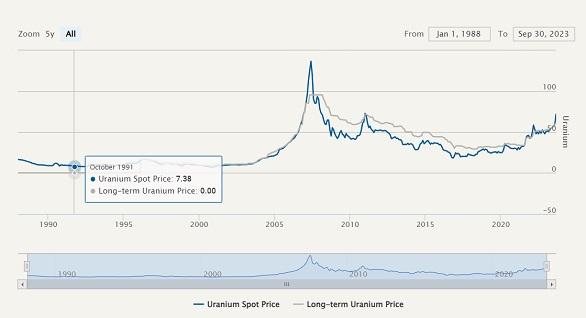
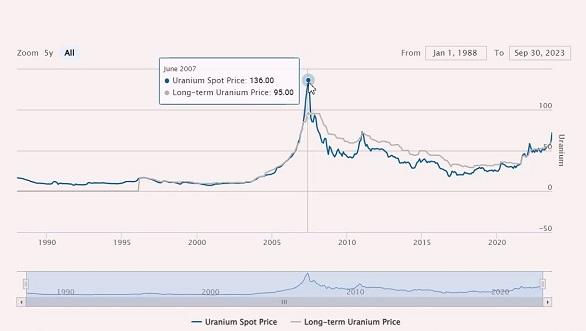
The Canadian firm, however, explained that unlike other commodities such as oil, uranium is not sold in the open market. In addition, its prices are fixed directly between sellers and buyers.
A now-deleted document published on the website of the Nigerien presidency showed that the country earned an average revenue of 170 billion Franc CFA ($282 million) from the two mines operated by Orano between 2016 and 2020.
In 2020, Niger received 48,117,000,000 Franc CFA for 1,113 tons of uranium from COMINAK and 103,251,000,000 CFA for 1,879 tons from the SOMAIR. Both are operated by Orano.
Taking the prevailing exchange rates at the time into consideration, this implies that the country received an average of €72.52 ($63.50) for a kilogramme of uranium ore and €32.89 ($28.80) per pound that year from COMINAK. It earned €83.75 for a kilogramme of the ore and €37.98 per pound from SOMAIR in the same year.
The price per pound is within the price range listed on Cameco’s website for 2020.
Orano did not respond to a request for comments on the prices of its uranium mined in Niger.
Diplomatic row
The relationship between France and Niger has since broken down, with the military coup leaders in August demanding the French ambassador Sylvain Itte and troops leave the country. Itte left Niger weeks later (archived here).
Macron said on September 24, 2023, that cooperation with Niger was “over” and that French troops would withdraw from the country “by the end of the year” (archived here).
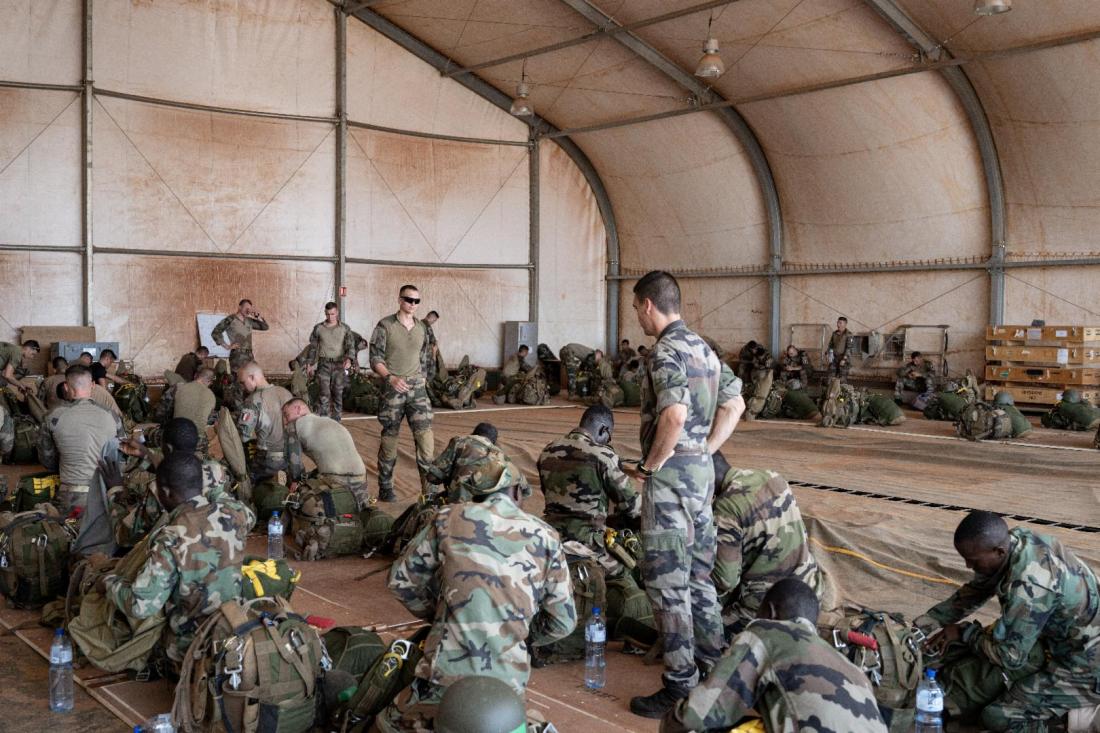
“We will begin our disengagement operation this week, in good order, safely and in coordination with the Nigeriens,” the French military headquarters said.
French uranium miner Orano said on September 13, 2023, that the mine operated by its subsidiary SOMAIR was forced to bring forward its maintenance schedule by “the ongoing closure of Niger’s main supply corridor and diminishing stocks of chemical products (archived here).”
It added that it had sufficient stock to meet its commitments until the end of the year.
AFP Fact Check has debunked several false claims about uranium mining in Niger, including here and here.
October 20, 2023 Figures updated to show tonnage from SOMAÏR and COMINAK mines. "Comeco" corrected to "Cameco".
Copyright © AFP 2017-2026. Any commercial use of this content requires a subscription. Click here to find out more.
Is there content that you would like AFP to fact-check? Get in touch.
Contact us
